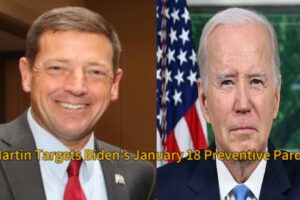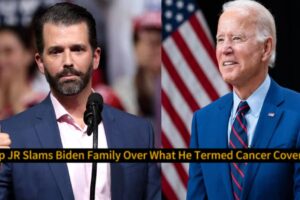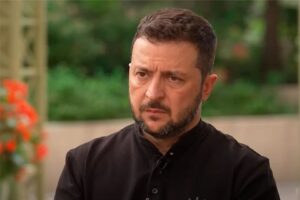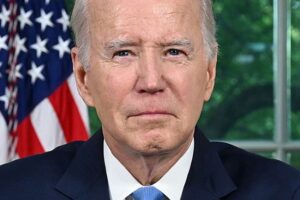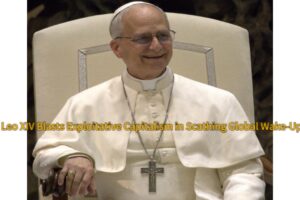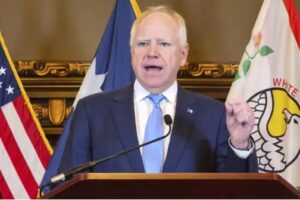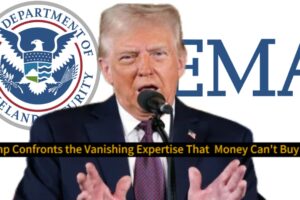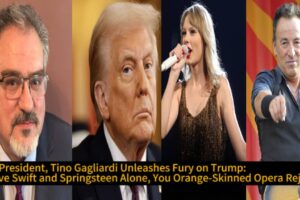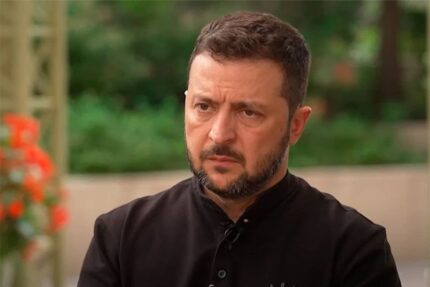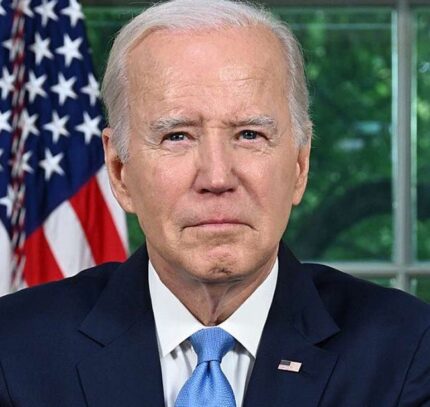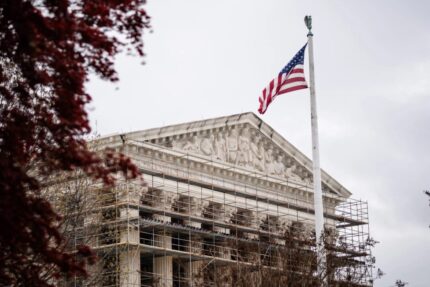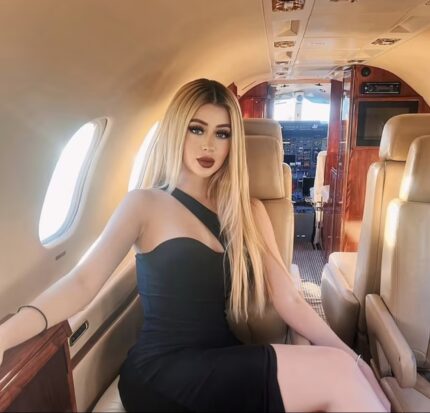Ukrainian President Volodymyr Zelenskyy used his presence in Rome, where he attended the inaugural Mass of Pope Leo XIV, to hold pivotal discussions with key American officials. At the U.S. ambassador’s residence, Zelenskyy met with Vice President JD Vance and Secretary of State Marco Rubio in what marked their first in-person interaction since their contentious Oval Office meeting in February.
Zelenskyy emphasized Ukraine’s call for “real diplomacy,” reiterating his government’s push for a “full and unconditional ceasefire.” In a statement shared via social media, he revealed that discussions also covered pressing topics such as continued sanctions on Russia, expanding bilateral trade, deepening defense cooperation, and a potential prisoner exchange. “Pressure is needed against Russia until they are eager to stop the war,” Zelenskyy stated firmly.
Secretary Rubio, speaking on CBS’s Face the Nation, noted that while progress toward peace would require patience, time is of the essence. He affirmed that former President Donald Trump is eager to facilitate a resolution and is open to a direct meeting with President Vladimir Putin, should logistical planning permit. Rubio suggested that such a face-to-face would be the only effective step forward, but cautioned that both Russia and Ukraine could be maneuvering to “buy time.”
European Leaders Join Push for Coordinated Peace Efforts
Zelenskyy’s diplomatic engagements extended beyond U.S. officials. On the sidelines of the papal inauguration, he met with German Chancellor Friedrich Merz, who expressed a unified European front. Merz stated that he had coordinated with French and British leaders and would engage with President Trump ahead of Monday’s critical phone conversation with Putin.
“My firm impression is that both the Europeans and the Americans are determined to work together,” Merz said, “but now also in a goal-oriented manner, to ensure that this terrible war ends soon.”
Zelenskyy also met Pope Leo XIV after the Mass, recognizing the Vatican’s potential role as a neutral ground for talks. “The authority and voice of the Holy See can play an important role in bringing this war to an end,” Zelenskyy wrote, thanking the Vatican for its willingness to host direct negotiations between Ukraine and Russia.
Putin Rejects Presidential-Level Talks with Zelensky as Prisoner Exchange Looms
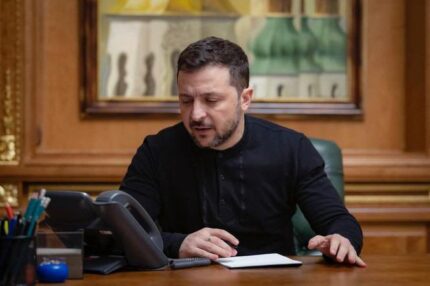
Despite Ukraine’s renewed diplomatic push, Russian President Vladimir Putin spurned Zelenskyy’s offer for face-to-face presidential talks. Instead, Moscow proposed lower-level negotiations as an alternative to the 30-day ceasefire Ukraine and its allies—including the U.S.—had urged.
Recent talks in Istanbul, the first direct engagement between Russia and Ukraine in over a year, lasted less than two hours before breaking up. However, both delegations agreed in principle to a significant prisoner exchange of 1,000 individuals each. Ukraine’s intelligence chief Kyrylo Budanov said the exchange could take place as early as next week, offering a rare glimmer of hope in an otherwise bleak diplomatic landscape.
While Putin remains unyielding on substantive peace discussions, Trump’s planned call with both Putin and Zelenskyy on Monday has sparked cautious optimism that a diplomatic breakthrough—however small—could emerge under global pressure.
Drone Onslaught Rattles Ukraine Amid Diplomatic Momentum
As Zelenskyy appealed for international backing, Russia launched its largest drone assault against Ukraine since the full-scale invasion began in 2022. According to Ukraine’s Air Force, a staggering 273 drones, including decoys, targeted the Kyiv, Dnipropetrovsk, and Donetsk regions over the weekend. Ukrainian forces successfully intercepted 88 drones, with another 128 believed to have been electronically jammed.
Yuriy Ihnat, spokesperson for Ukraine’s Air Force, described the barrage as the most extensive since the war’s outset. This attack even surpassed the 267-drone assault that marked the third anniversary of the conflict earlier this year. Fires were reported across impacted regions, with firefighters battling blazes in civilian areas and infrastructure facilities.
Russia’s Defense Ministry claimed its own air defenses downed 25 Ukrainian drones overnight, intensifying fears of retaliatory escalation just as fragile diplomatic overtures are being made.
Global Leaders Weigh Trade and Alliance Ahead of Peace Talks
Vice President Vance also used his Rome visit to meet with European Commission President Ursula Von der Leyen and Italian Prime Minister Giorgia Meloni, underscoring America’s commitment to its European allies. Canadian Prime Minister Mark Carney, British Deputy Prime Minister Angela Rayner, and Foreign Secretary David Lammy later joined Vance in a high-level multilateral discussion.
Vance highlighted the enduring U.S.-Europe relationship, despite occasional friction. “Europe is an important ally of the United States,” he told reporters, “though we have some disagreements, as friends sometimes do, on issues like trade.” He added that ongoing discussions could spark “long-term trade negotiations and some long-term trade advantages between both Europe and the United States.”
With a potential Trump-Putin summit on the horizon and Europe signaling stronger coordination, Zelenskyy’s diplomatic campaign has intensified just as the battlefield grows more volatile. The coming days—particularly Monday’s Trump-Putin call—may prove pivotal in determining whether diplomacy can finally slow the bloodshed in Ukraine

